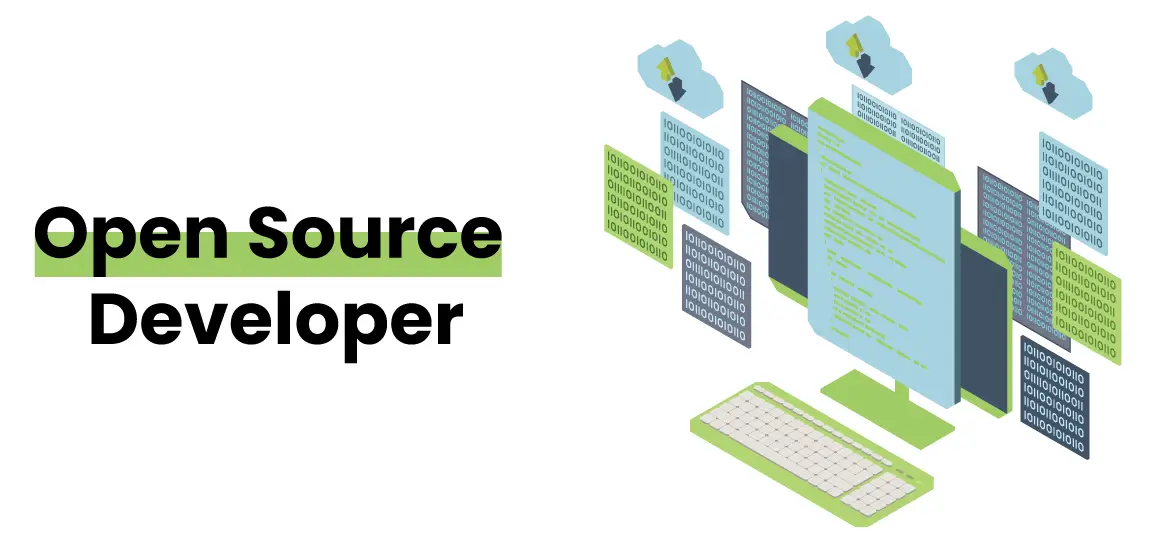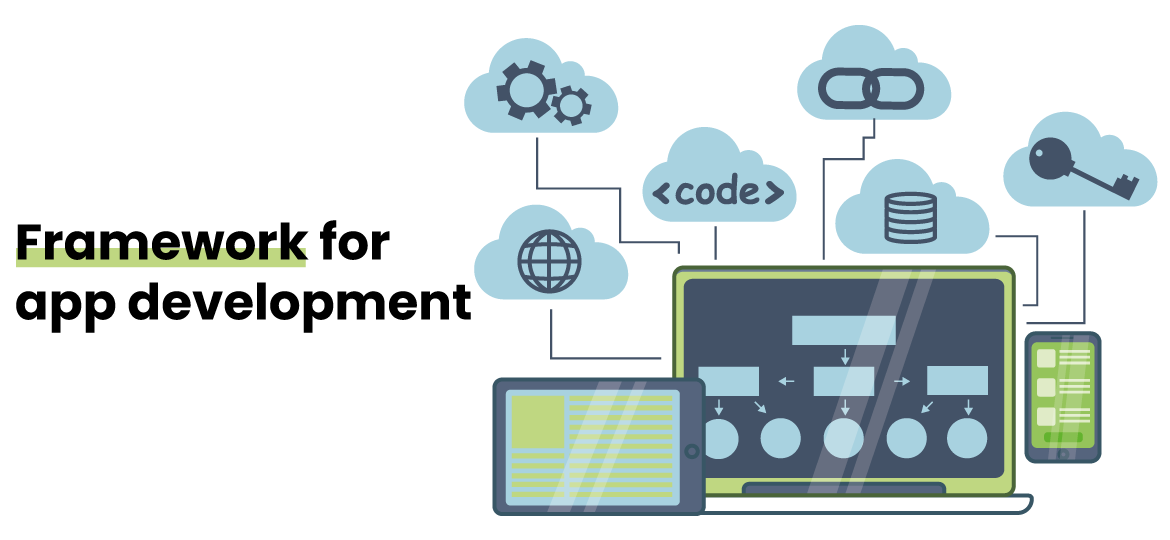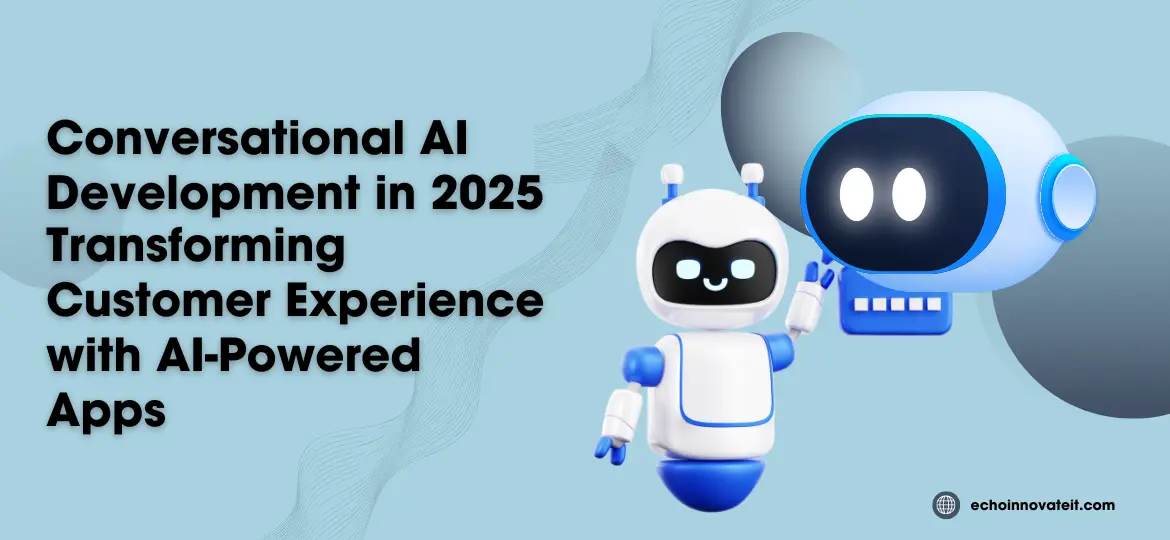The MEAN Stack—comprising MongoDB, Express.js, Angular, and Node.js—continues to be one of the most trusted and efficient technology stacks for startups. Its unified JavaScript environment allows both front-end and back-end teams to work seamlessly, minimizing development complexity and accelerating time-to-market. Startups can now build robust, scalable, and mobile-friendly applications that deliver consistent performance across platforms.
Mobile-First Efficiency: From Web to Android and iOS
As mobile-first usage dominates, MEAN Stack stands out for its ability to support cross-platform app development. Using Angular alongside frameworks like Ionic or Capacitor, startups can easily transform web applications into high-performing hybrid Android apps and iOS apps. This flexibility allows businesses to cater to a wider audience without the high costs of maintaining separate native applications.
Accelerated Development and Time-to-Market
For startups, speed is critical. The MEAN Stack’s single language—JavaScript—reduces the learning curve, enhances collaboration, and enables rapid prototyping. This results in faster MVP releases, earlier user feedback, and quicker iteration cycles, helping businesses stay ahead in competitive markets.
Scalable,Cost-Effective,Open-Source Architecture
The MEAN Stack is entirely open-source, which means startups save significantly on licensing fees. MongoDB offers scalable NoSQL database capabilities, Node.js powers fast, event-driven back-ends, and Angular provides a structured and maintainable front-end. This combination delivers a cost-efficient foundation without sacrificing performance or scalability.
Enterprise-Grade Stability & Security
Angular’s opinionated architecture ensures consistency and maintainability, while Node.js and Express.js support secure, stable back-end services. Implementing best practices like JSON Web Token (JWT) authentication, SSL/TLS encryption, and API security ensures that applications meet modern security and compliance standards—critical for winning customer trust.
Alignment with Future Development Trends
Modern startups often embrace microservices architecture, serverless computing, and DevOps pipelines for agility and resilience. MEAN Stack integrates seamlessly into these workflows, allowing development teams to deploy faster, scale dynamically, and maintain a clean modular codebase.
Real-World Applications and Lasting Relevance
MEAN Stack powers a variety of applications—from real-time dashboards and chat platforms to SaaS products and single-page apps. Its real-time capabilities through WebSockets, dynamic interfaces via Angular, and efficient data handling with MongoDB ensure high performance across devices.Its strong global developer community continues to provide support, tools, and innovation, keeping it highly relevant for startups.
Why Start-Ups Should Choose MEAN
MEAN Stack remains the go-to solution for startups because it offers:
Mobile and cross-platform readiness for Android and iOS
Rapid prototyping and quick market entry
Scalable architecture with cost efficiency
Enterprise-level security and maintainability
Future-proof alignment with microservices, serverless, and cloud-native approaches.
What Does MEAN stand for?
MEAN is a set of open-source JavaScript-based technologies which are suitable for developing dynamic websites and applications as well as hybrid mobile apps.
As MEAN uses a single language that is JavaScript for frontend development as well as backend, it has achieved immense popularity among developers.
Know all the primary functions of the MEAN technologies are
– It organizes the database application and makes conversation among clients and servers easier.
– A JavaScript framework-based web app for functional back-end development to develop single or multi-page web applications.
– It is designed for functional front-end operation which runs your JavaScript code in the user’s browser; permitting the UI to be dynamic.
Benefits of MEAN Stack (Pros)

MEAN Stack is accommodated with miscellaneous facilities and one of this kind is the effortless transfer of code from one framework to another which is written in one particular framework.
MEAN enables isomorphic coding which lets the developers use Javascript for the frontend and backend.
Among the main reasons for the popularity of the stack is the coding resource can be efficiently used making it profitable in a startup.

All the MEAN stack integrants are open-source and frequently upgraded which allows the developers to customize the code depending on their needs.
Data transfer among frontend and backend takes place through a JavaScript object leading to unchallenging life for developers.

It is profitable for the startups to work with MEAN Technologies because they do not require hiring different programmers to work on a single project.
JavaScript is the fundamental language over all the frameworks, all development work can be well operated by JavaScript developers while sharing the code for reutilization within the stack.
MEAN stack is an open-source framework which means you don’t have to pay any license fee and don’t even charge for downloading and using it.
The open-source feature of this technology will save the cost for development and consequently result in the development of high-quality applications.

AngularJS utilizes MVC to systemize applications and consequently supports rapid and parallel development.
MVC model enables multiple programmers to work on the code concurrently. Ultimately reducing development time to three times.
JavaScript Object Notation (JSON) is a technology that is used by Node.js, Angular.js, and MongoDB which are the 3 major components of MEAN.
JSON ideally allocates the data between the layers and saves the attempts of re-writing the codes.
MEAN uses binary-JSON (BSON) for data all over which makes it easier to reformat data as it passes through different layers. Ultimately which results in faster data exchanges between the layers. JSON is beneficial to
- JSON syntax is simple or uncomplicated to use
- JSON executes in a quick way
- JSON is the perfect tool for sharing data
- JSON supports complete browsing compatibility

MEAN comes with powerful Node.js technology making it an ideal framework to build faster web applications. Moreover, it was found that Node.js enables the development of an application with 33% fewer codes in comparison to the other framework.
Hence, you can get access to the application with less lengthy codes leading to reduced development time. MEAN Stack successfully handles complicated needs very quickly.
JavaScript experts are sufficient to control the whole system end to end.
MongoDB, Express.JS, AngularJS, Node.JS, have a great user community and very good adoption rate among the leading tech brands in the entire world.
MEAN has an innumerable set of modules and libraries for Node.js which can be used at any time. These libraries are necessary as they help in saving plenty of time, also developers can abstain from constructing the modules from scratch.
Node.js is built on Google’s V8 JIT-compiled JavaScript engine which executes and compiles JavaScript code into the original machine code very fast.
This property of the MEAN plays an appreciable role in increasing the speed of development.
Developing a secured web application is always a topmost concern because of cyber strikes which are the biggest threats in the online business platform.
MongoDB, a non-relational database that supports JSON objects and is influenced by SQL strings, hence this results in robust database security.
MongoDB is a NoSQL and document database which makes it flexible to use in plenty of applications.
Coming to Node.js, it itself restricts the simultaneous request using middleware, extracts packages to encrypt them, adjusts the HTTP response header, and much more.
Cons of Mean Stack
Being already a Java developer, you have to put aside some of the concepts to learn Angular.JS and Node.JS. Generally, it takes around 4 to 6 weeks to get started.
AngularJS is a single-page application framework and thus not appropriate for search engine optimization (SEO).
Wrapping Up about Mean Stack Framework for your new Development Project
If you want to make use of MEAN stack developers think about all the parameters and your project requirements.
In case you are looking for a quick and uncomplicated way to build modern and dynamic web applications then MEAN must be your priority.
Most of the developers are already working with MEAN stack to scale their business as MEAN provides advanced properties which make application development simple and less mind-numbing.
Get in touch with at Echoinnovate IT today!
FAQs of Mean Stack Technologies
Here are some of the frameworks for full-stack developers-
- React JS
- Spring Boot
- Angular
- Node JS + Express.js
- Django
- Flask
- Bootstrap
- jQuery
- Ruby on Rails
- GraphQL
In case the idea of creating a mobile app to buy and sell used cars has piqueIn the MEAN stack, the requirement of a total number of developers is less as compared to the LAMP stack. So, the MEAN stack is a cost-effective method of app development.d your interest, you should take the next logical step and start making it a reality. Contact a professional team of experts to assist you put your plans into reality.
- Isomorphic coding
- Open Source in Mean Stack
- MEAN Stack provides cost-friendly web applications
- Supports MVC structure
- Uses JSON
- An Ideal Framework for Real-Time Apps
- LEAN Team
- Good Community Support
- Time–savvy solution
A highly secure and stable platform is MEAN Stack
The MEAN Stack (MongoDB, Express.js, Angular, Node.js) enables startups to streamline development using a single JavaScript ecosystem. It accelerates time-to-market, reduces context switching, and supports scalable full-stack solutions ideal for mobile, web, and hybrid applications.
With a unified language across frontend and backend, teams can build cohesive minimum viable products quickly and iterate faster, essential for early-stage startups testing market fit.
Pairing MEAN with serverless platforms like AWS Lambda or Azure Functions allows startups to scale effortlessly, reduce infrastructure management, and optimize costs through pay-as-you-go compute.
Yes. Angular supports PWA features—offline access, push notifications, and smooth performance—making it easy to build app-like mobile experiences without separate Android or iOS apps.
Startups are embedding AI and ML capabilities—through APIs or using frameworks like TensorFlow.js—into MEAN-powered apps to deliver personalization, chatbots, and intelligent analytics.
Its modular architecture, centered on Node.js and Express.js, promotes a microservices approach—where each component is independently deployable—ideal for flexible and scalable startup applications. API-first strategies ensure extensibility.


